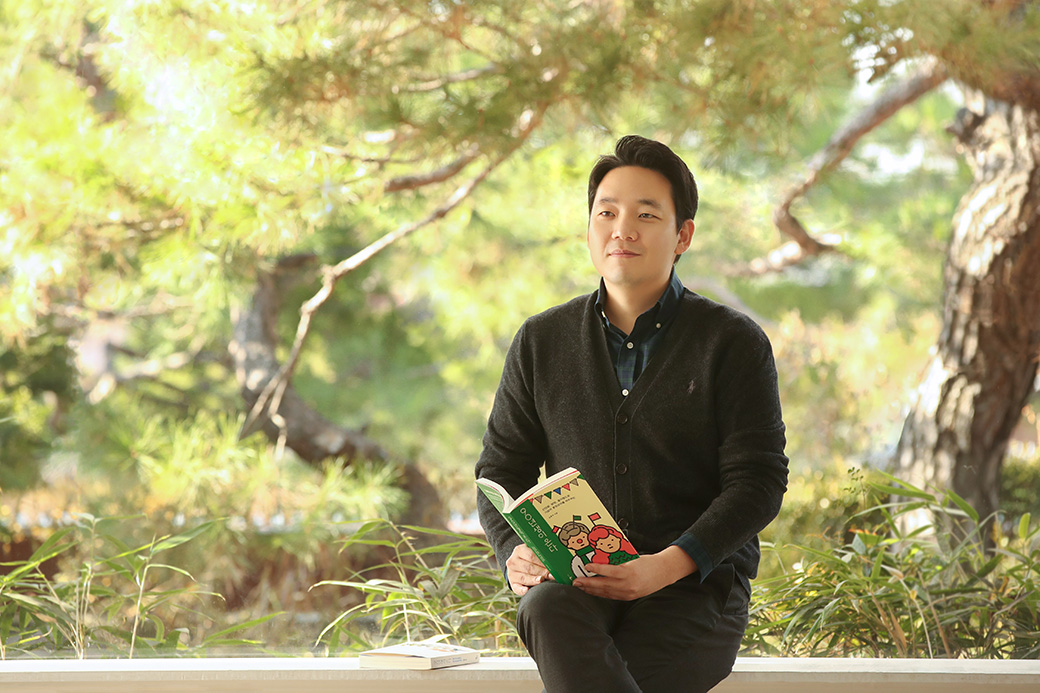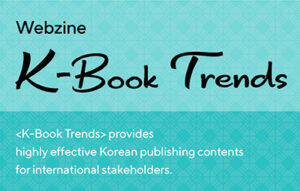Understanding the “generation (age)” in the “generation (era)”
2020.04.06
One book created multiple discourses and discussions, shaking the market for more than a year after making a meteor-like debut in the sluggish Korean publishing market. It is <People Born in the 90s are Coming (Whalebooks, 2018)> written by author Lim Hong-Tek. Now, what is this “born in the 90s” concept that made Korean society have such a great interest in the book and those born in the 90s? Let’s take a more in-depth look at the stories surrounding the work.
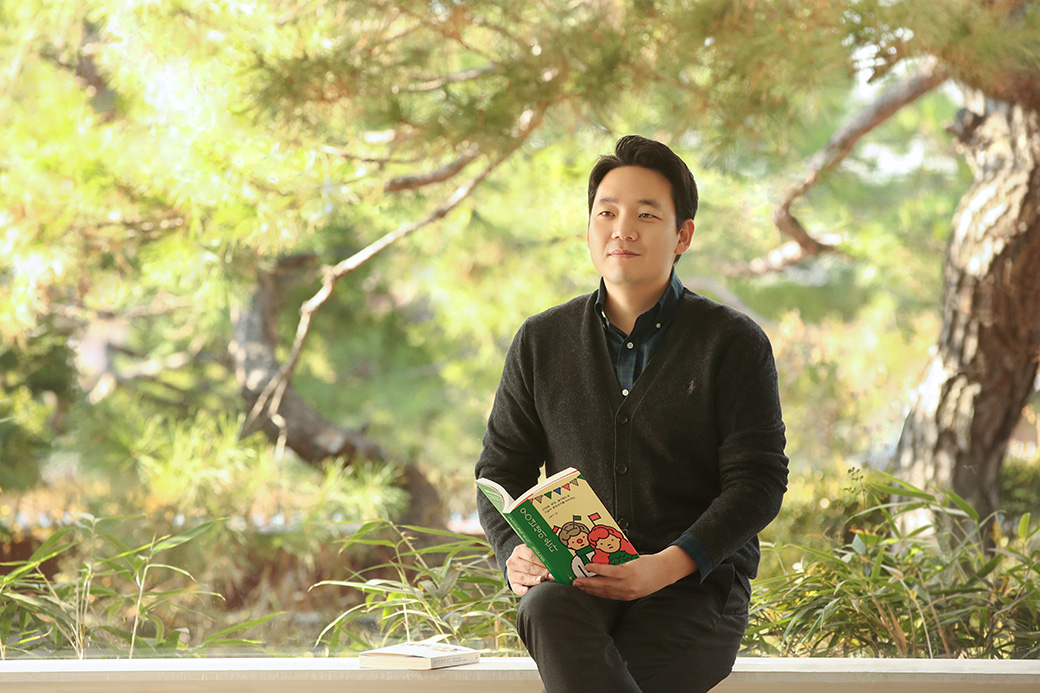
It’s been already more than a year since <People Born in the 90s are Coming> was published, but the people born in the 90s are still a hot issue. Reflecting on the influence of the book, do you think that we are now free from a world in which anyone can become a ggondae (usually a middle-aged person who tries to use authority and power to lead people instead of humane influence)?
No, I don’t think so. I think that we have become free from ggondaes as anyone would “naturally” become one with time. To be more clear, I am a bit careful as the main topic of the book is not “ggondaes.” I also do not agree with the divided discussion frame of “people born in the 1990s vs. ggondaes.” The only reason I used the word “ggondae” in the book was not to say that the older generation is a “ggondae” generation but to suggest readers to think whether everything including the customs and knowledge that we knew is appropriate in this generation while the world is newly changing, and many things get used to it. In this aspect, I hope that we can more focus on understanding and respecting each other rather than being buried into the word “ggondae.”
We can only narrow down one gap by talking and working each other out
and endlessly thinking to solve the issue.
Your work <People Born in the 90s are Coming> is your understanding of the people born in the 1990s. But you would not want the book to be confined to a mere “issue about the generation.” What was the message you truly wanted to deliver through the book?
The message I wanted to deliver was this: when you feel like you cannot understand someone, rather than cursing the person (which is the easy way), try to listen to what the other person has to say (even though it may be uncomfortable). As the book is categorized in the economics and business administration section and is based on my very personal experience, I did not think of raising a generation-related issue or include a critical social implication. Searching for various bits of things to get closer to the friends of other generations that I found it difficult to understand (in the beginning) was the only motivation for the book. A message such as “One of the common topics of debate, “generational conflict”, existed from the past, and it will not fade away forever” will not be something of great help around this time. And I also think that there is nothing as a magical solution that can resolve all the conflicts surrounding it. We can only narrow down one gap by talking and working each other out and endlessly thinking to solve the issue.
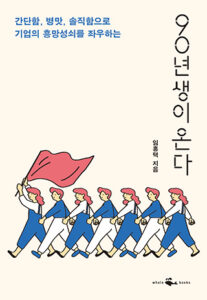
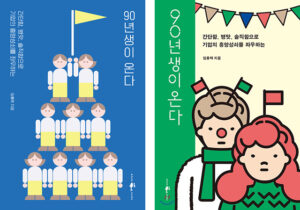
You have been busy doing lectures on a related topic after the publication. What is the audience’s reaction like? If there is a reader’s comment that you particularly remember, please share it with us.
People leave various comments. I tend to receive comments from the young generation that thank me for trying to understand their generation, and also from the older generation that the lecture helped them understand the new generation to an extent.
Sometimes people ask me whether I got to build some sort of prejudice or stereotype of the people born in the 1990s as I wrote the book. And when I ask back why, they reply that most of them experienced being asked by their senior supervisors, “I hear that you guys born in the 90s are always like this” or be belittled “I now get why your generation is so clueless.” I wrote in the middle and later part of the book, but I never concluded those born in the 1990s in a single-story nor generalized them unconditionally. I got to think that those people did not say so after reading my book but had such a tendency from the beginning. I don’t think I can take responsibility for the ideas of those with already wrong bias.
Since then, many publishers said that they could discover fresh works
and new writers through Brunch, which makes me happy.
You are known to have made a debut as a writer through “Brunch”, a representative writing platform. Did you plan to do so?
No, it was not in my plan. I just uploaded the revised manuscript online that I already finished writing in 2014 through the Brunch Book Project in 2017. And as I already published another book in 2011 before this one, I think it isn’t clear to say that I made a debut through Brunch. It’s just that I saw the stark reality that people recognize you as a writer after your book is sold and known by readers to an extent no matter which book you wrote in the past. As I first opened my work to the public and received feedback through an online platform called Brunch, I could learn a lot of things about the publication process; since then many publishers said that they could discover fresh works and new writers through Brunch, which makes me happy. I hope that many writers can share good opportunities through such a platform in the future as well.
You turned into a full-time writer from an office worker. What is your next agenda as a writer?
Well, I am planning to go back to a company within this year after the next book, but the next topic I am thinking of is “attention seekers.” Rather than just a very trendy story about “attention seekers”, I am searching in various fields and mulling over the topic of “attention” that is hidden behind.
If <People Born in the 90s are Coming> is published overseas, how would you like it to be introduced?
Well, rather than just a book about global “Millenials” or “Z-generation”, I hope it can be introduced as a book that talks about another story experienced by the generation in Korea’s unique situation.
